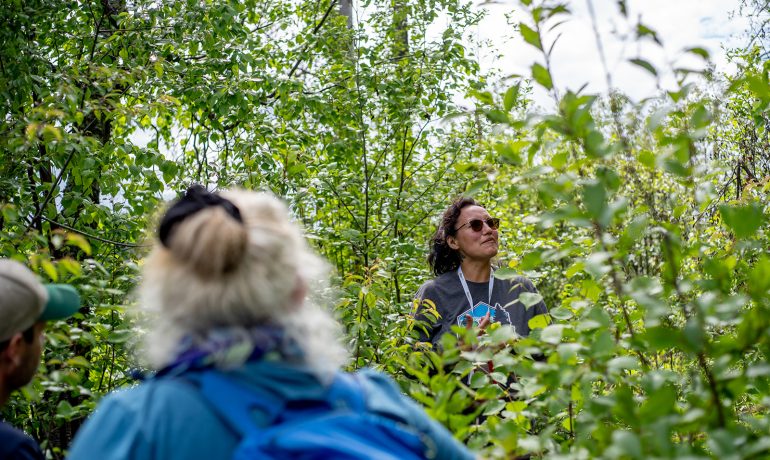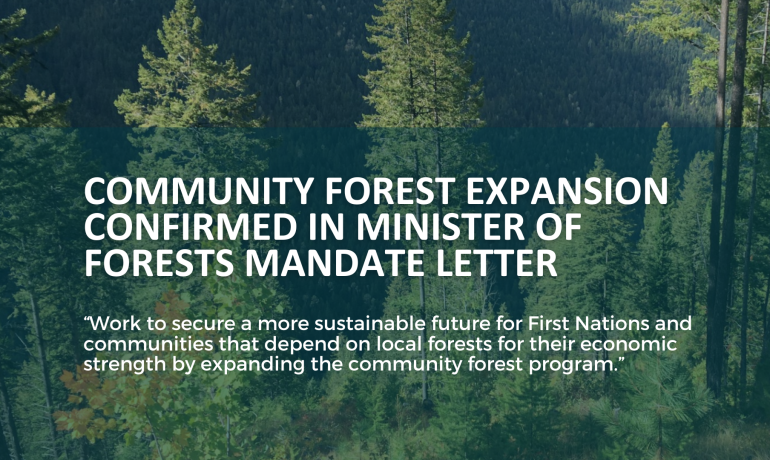Climate change was the driving force behind destructive 2017 B.C. wildfire season, study says
By Bethany Lindsay
CBC News
January 8, 2019
The record-breaking B.C. wildfires of 2017 may have burned as much as 11 times more land than they would have without the influence of human-caused climate change, according to new research. The study, from scientists at the Pacific Climate Impacts Consortium at the University of Victoria and Environment and Climate Change Canada, suggests that climate change was the driving factor for the unusually hot conditions that led to the fires. The probability of abnormally high temperatures being caused by global warming was estimated at more than 95 per cent. The lead author of the paper, published in the journal Earth’s Future last month, is Megan Kirchmeier-Young, an atmospheric scientist with the federal government. “We have demonstrated that human-induced climate change has significantly increased the likelihood of extreme high temperatures, of extreme wildfire risk of large areas burned, similar to what we saw in the 2017 wildfire season in B.C.,” Kirchmeier-Young told CBC.
Related Post
As Published in Canadian Forest Industries Magazine, Pulp & Paper Magazine and Canadian Biomass Magazine
Jennifer Gunter’s Op Ed, “Community Forests: Rooted in Community,
Minister of Forests Mandated to Expand BC’s Community Forest Program
In the recently released mandate letter to the Minister



